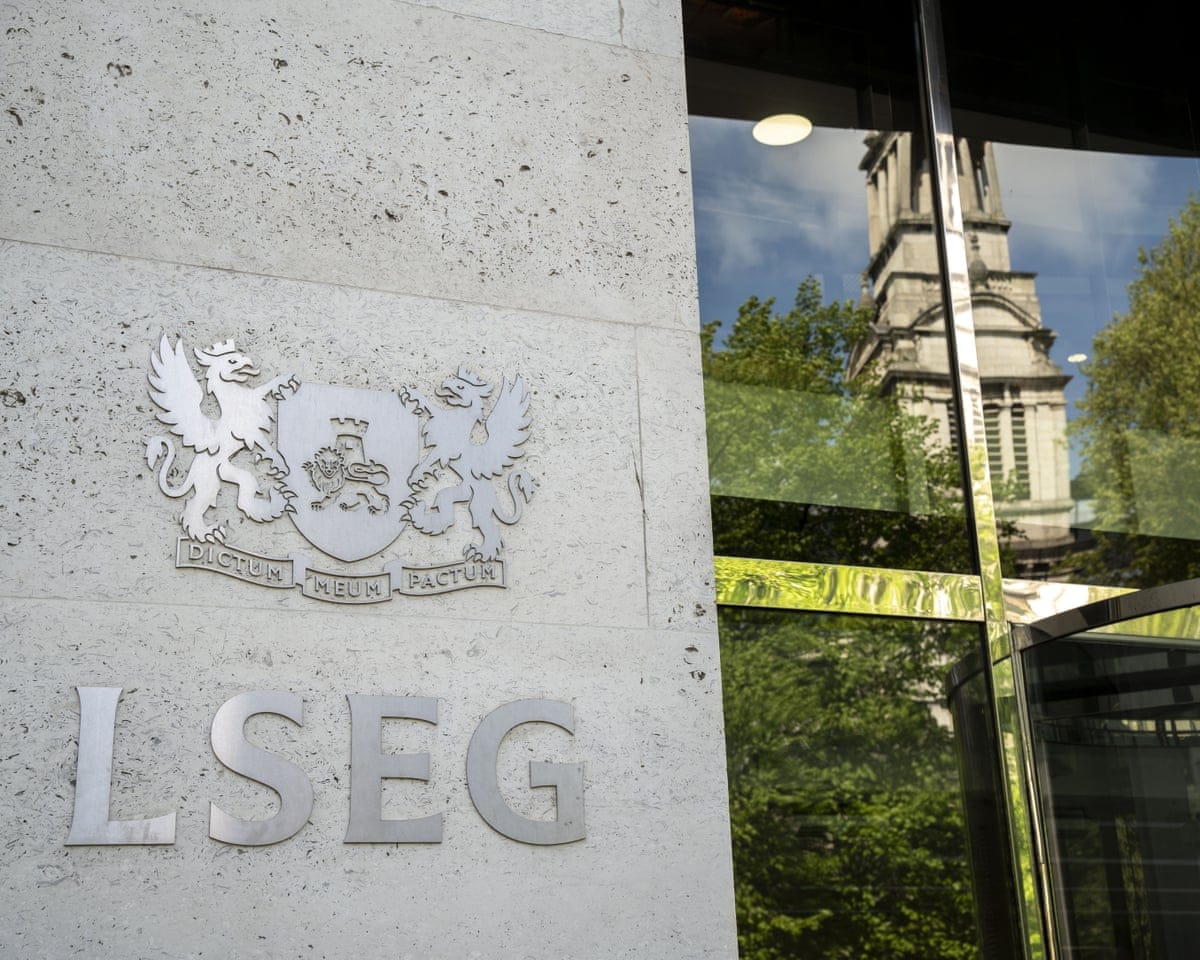London Stock Market Faces Risk of Decline Without Reforms, Report Warns
The London stock market could "drift into irrelevance" without government and regulatory changes, including tax incentives for public listings and adjustments to executive pay rules, according to a report from a leading business organization.
The Confederation of British Industry (CBI), which represents UK businesses, outlined 20 proposals aimed at revitalizing the London Stock Exchange. The recommendations focus on financial measures and governance adjustments to strengthen the market, which has seen a decline in listings and a shift of companies to international competitors.
"With domestic capital moving away from UK equities, a slowdown in new listings, and high-growth firms increasingly seeking funding abroad, the UK faces a critical moment for its public markets," the CBI stated.
The report argued that tax incentives could encourage more companies to go public. Making the costs of initial public offerings (IPOs) tax-deductible would allow businesses to retain more funds for growth, the CBI suggested.
"IPOs are complex and expensive, with uncertain outcomes. The inability to deduct these expenses lowers net proceeds for companies, potentially discouraging listings," the report noted.
Concerns over the London market intensified last week after reports that AstraZeneca’s CEO, Pascal Soriot, had considered moving the pharmaceutical giant’s listing to the US.
The CBI's report also highlighted an opportunity for Britain to attract companies hesitant about US market volatility. With unpredictable policies in the US, London could become a more appealing destination for secondary listings, particularly for firms wary of American regulations.
"While Asian markets are expanding rapidly, London can serve as an alternative for companies seeking supplemental listings, especially as some grow cautious about US oversight," the report added.
The findings come ahead of Finance Minister Rachel Reeves’s upcoming speech outlining the government’s financial services strategy. Expectations include potential reforms to savings regulations, pension investments, and further deregulation to boost economic growth.
The CBI also urged a review of corporate rules to stimulate the London market, including revising restrictions on bonuses for non-executive directors. Current UK governance codes prohibit such payments to maintain impartiality, but the report argued that these limits may discourage risk-taking in boardrooms.
Without these changes, the CBI warned, London risks losing its competitive edge in global financial markets.
Read next

Ryanair plane had only six minutes of fuel upon Manchester landing, records show
Flight Narrowly Avoids Disaster After Storm Diversion
An inquiry has been launched after a Ryanair flight, struggling against severe winds during storm Amy last week, landed at Manchester Airport with only six minutes’ worth of fuel remaining.
The aircraft had been transporting passengers from Pisa, Italy, to Prestwick, Scotland, on

"Qantas customer data for 5 million exposed as hackers release info post-ransom deadline"
Hackers Leak Personal Data of 5 Million Qantas Customers on Dark Web
A cybercriminal group has released personal records of 5 million Qantas customers on the dark web after the airline did not meet their ransom demand.
The breach is part of a larger global incident affecting over 40 companies,

Investors flee record-high UK stocks as EU set to hike steel tariffs
Investors Withdraw Record Sums from Equity Funds Amid High Market Valuations
Data reveals that investors in the UK have withdrawn an unprecedented amount of money from equity funds over the past three months, driven by concerns over soaring stock market valuations.
According to the latest figures from Calastone, the largest

